
Hello, my name is Dede Nyansapo. I am an entrepreneur who also participates in Accra’s burgeoning gig economy as a Dede. My love for meeting fascinating people and my curiosity about how they think usually places me in the midst of some very entertaining conversations. Invariably, these conversations lead to some key learnings that may be useful to anyone on their business journey.
Episode 26: Losses and lessons in the story of my life
My rearview mirror gave me a chance to observe, my passenger, Mr. Monacles, who I had picked up before from his residence to the University of Ghana. He was a distinguished-looking man, probably in his late 50s, with a calm demeanour that seemed unshakable. From our last trip, I seemed to recall that he was a visiting professor of Philosphy, visiting from a French University.
I noticed he had a book in his lap Siddharth Dhanvant Shanghvi’s book “LOSS” in his lap as Mr Monacles stared longingly out of the window at the street hawkers. The silence in the car was comfortable, but curiosity got the better of me.
“Mr. Monacles, if you don’t mind me asking,” I began, glancing at him again in the rearview mirror, “have you ever lost something you truly cared about?”
He looked thoughtful for a moment before responding. “You know, Dede, I used to think I had. But over time, I’ve come to realize that nothing is ever truly lost. All things are lessons.”
His words intrigued me. “Lessons? How do you mean?” I asked, genuinely curious.
He smiled gently. “Everything that happens in life, every loss, every disappointment, teaches us something valuable. It’s pointless to see things as purely losses. Instead, they’re opportunities to grow, to learn, and to understand the world better.”
I nodded, considering his perspective. “That’s a very positive way to look at things. But what about when people make decisions that hurt others? Isn’t it natural to feel upset or hold a grudge?”
Mr. Monacles leaned forward slightly, his expression earnest. “It’s natural, yes, but not necessarily productive. People make decisions based on two main factors: ignorance or deliberate intent. If they act out of ignorance, they don’t fully understand the consequences of their actions, which means they must be forgiven. If they act deliberately, with full knowledge of the harm they cause, then their decisions must be accepted, because they have chosen their path. Sometimes, they have no choice. The way I see it, we are hardwired to survive. Suppose a friend of yours knowingly makes a decision that hurts you, you should know them well enough to understand that their survival may have depended on it.”
I pondered his words for a moment, then asked, “But how do you reconcile with that? Isn’t it difficult to just accept things, especially if someone has hurt you intentionally?”
“It can be difficult,” he admitted. “But history and philosophy offer us many examples that illustrate why this approach can lead to a more peaceful and fulfilling life.”
I raised an eyebrow. “History and philosophy? Can you give me some examples?”
“Of course,” he said. “Take the story of Socrates, for instance. He was sentenced to death by the Athenian government for allegedly corrupting the youth and impiety. Instead of fleeing or fighting the sentence, he accepted it. He believed that the decisions of the state, whether just or unjust, must be respected. His acceptance wasn’t an endorsement of the decision but an acknowledgment of the societal structures and his place within them. He saw it as an opportunity to teach a final lesson about integrity and principles.”
“That’s… quite a perspective,” I said, impressed by his depth of knowledge. “But wasn’t that a bit fatalistic?”
“Not at all,” Mr. Monacles replied. “It was a profound act of understanding and acceptance. Socrates knew he couldn’t change the minds of his accusers, but he could control his response. He chose to maintain his dignity and principles to the very end.”
I nodded slowly, absorbing his point. “What about in more recent history? Are there any modern examples?”
“Certainly,” he said. “Look at Nelson Mandela. Imprisoned for 27 years, he had every reason to be bitter and seek revenge. But instead, he chose to forgive his captors and work towards reconciliation. Mandela understood that holding onto anger and resentment would only perpetuate the cycle of hatred and violence. By accepting the actions of his oppressors as part of a larger historical context and choosing forgiveness, he was able to lead South Africa towards a more peaceful and just society.”
“That’s true,” I said, feeling a bit more enlightened. “But what about on a personal level? How can someone apply this in their own life?”
Mr. Monacles leaned back, his gaze thoughtful. “Let me tell you about a friend of mine. He was once betrayed by his business partner, who embezzled a significant amount of money and left him nearly bankrupt. My friend was devastated, naturally. But instead of pursuing a long and bitter legal battle, he chose to accept the situation. He forgave his partner and moved on, focusing on rebuilding his life and business. He learned valuable lessons about trust and resilience and eventually built a new business that was even more successful.”
“Wow,” I said, feeling a sense of admiration. “That’s incredible. But it must have been so hard for him.”
“It was,” Mr. Monacles agreed. “But he realized that harboring anger and seeking revenge would only hurt him further. By accepting the reality of the situation and learning from it, he was able to move forward and find new opportunities.”
I took a deep breath, letting his words sink in. “So, you’re saying that acceptance and forgiveness are key to moving on from loss and hurt?”
“Exactly,” he said. “When we stop resisting the reality of our experiences and instead embrace them as opportunities for growth, we free ourselves from the burden of anger and resentment. It’s a powerful shift in perspective that can transform our lives.”
“That’s a beautiful philosophy,” I said, feeling inspired. “But how do you maintain that mindset? It seems like it would take a lot of practice.”
“It does,” Mr. Monacles admitted. “It’s a continuous journey, and it requires self-reflection and mindfulness. But the more we practice it, the more natural it becomes. We start to see the world and our experiences in a different light, one that is filled with possibility rather than regret.”
Mr Monacles added, “In my own personal life, I understand now that when people around me take decisions, it has nothing to do with me. I may suffer as a consequence of their decisions but really, do they need to factor me in their decision making? Perhaps not. In fact, it is quite possible that I played a detrimental role in bringing them to the point where they have to make a tough decision like that….and for that, I probably owe them an apology”
“What do you mean? I don’t fully understand”, I responded .
Mr Monacles continued, “Imagine you have a friend who is studying to be a lawyer. Now, this friend comes over to your house to study and in an attempt to fully accommodate them you continuously prepare a big dinner for them with the choicest meals. Your goal was to entertain your friend, but everytime they come and have such a delicious meal, they are not as engaged in studying as they would like. You have nobody but yourself to blame if they send you a message stating that they are no longer interested in studying in your home because it doesn’t give them the right atmosphere for success.”
He laughed to himself as he uttered his final thoughts on the issue, “Of course, you’d prefer them to have a discussion with you, to give you a chance to adjust, but if they don’t, you must not only accept it but also apologise for getting them to that point.”
As we continued our drive, I found myself reflecting on his words. The idea that nothing is ever truly lost, that every experience is a lesson, was both comforting and empowering. It made me think about my own life and the challenges I had faced. Perhaps, like Mr. Monacles and the historical figures he mentioned, I could learn to see my experiences in a new light.
“Thank you, Mr. Monacles,” I said sincerely. “You’ve given me a lot to think about.”
He smiled warmly. “You’re welcome, Dede. I’m glad we had this conversation. Remember, life is a journey of learning and growth. Embrace it, and you’ll find that even the most challenging experiences can become sources of wisdom and strength. Turning losses into lessons has been the story of my life.”
The post Dede Drives the Discourse: Episode 26: Losses and lessons in the story of my life appeared first on The Business & Financial Times.
Read Full Story
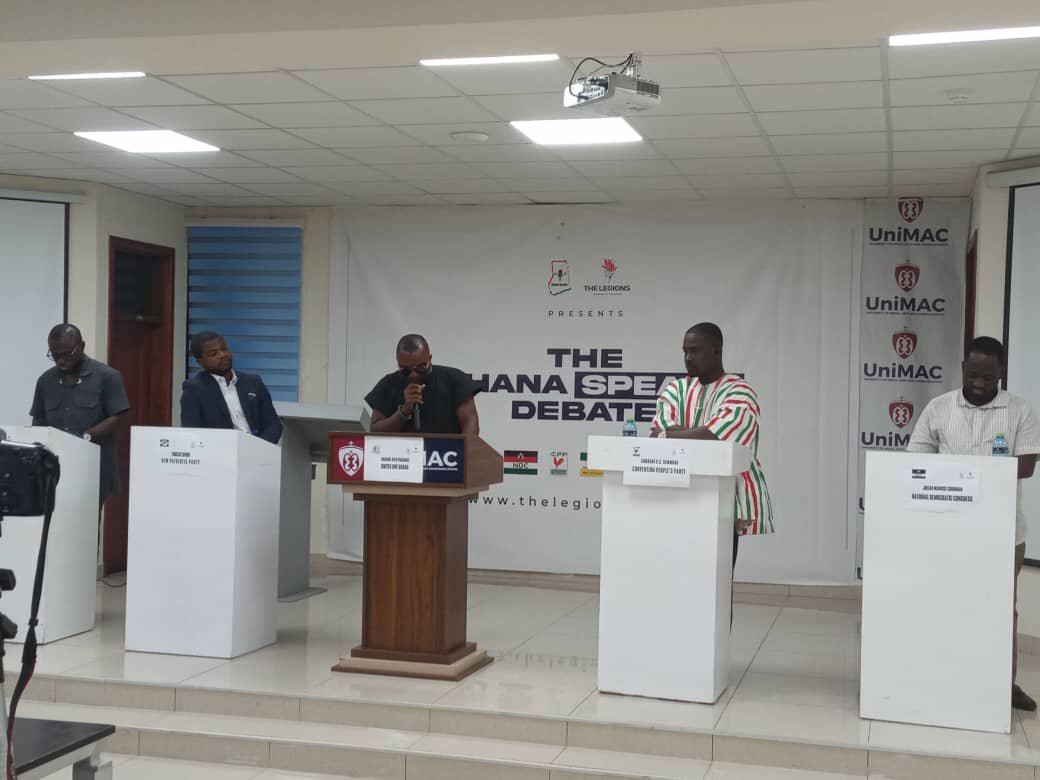


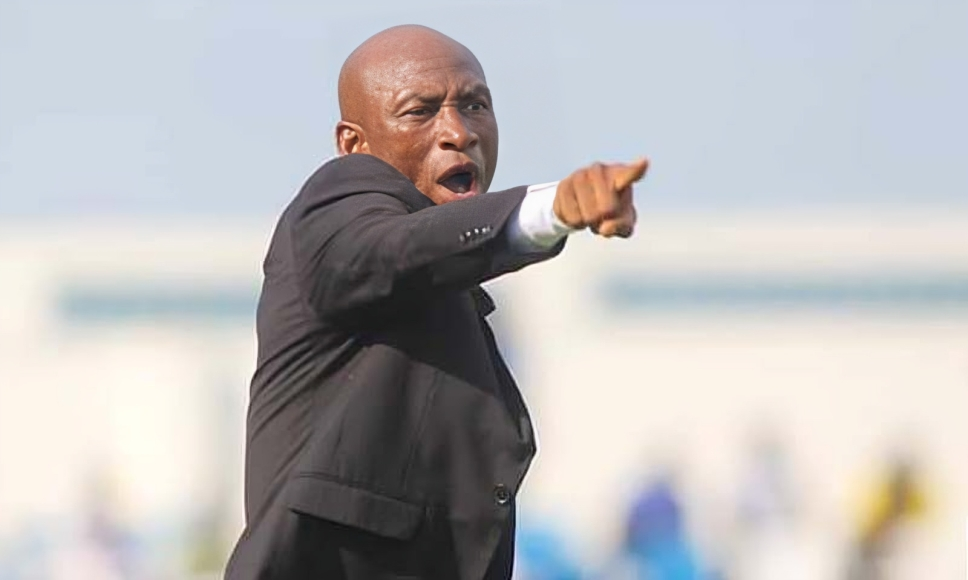
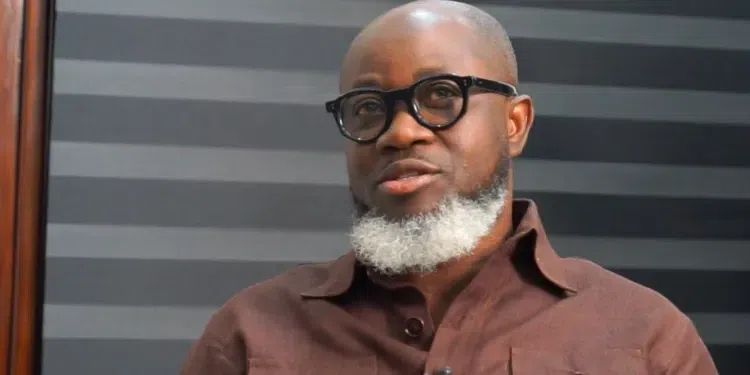
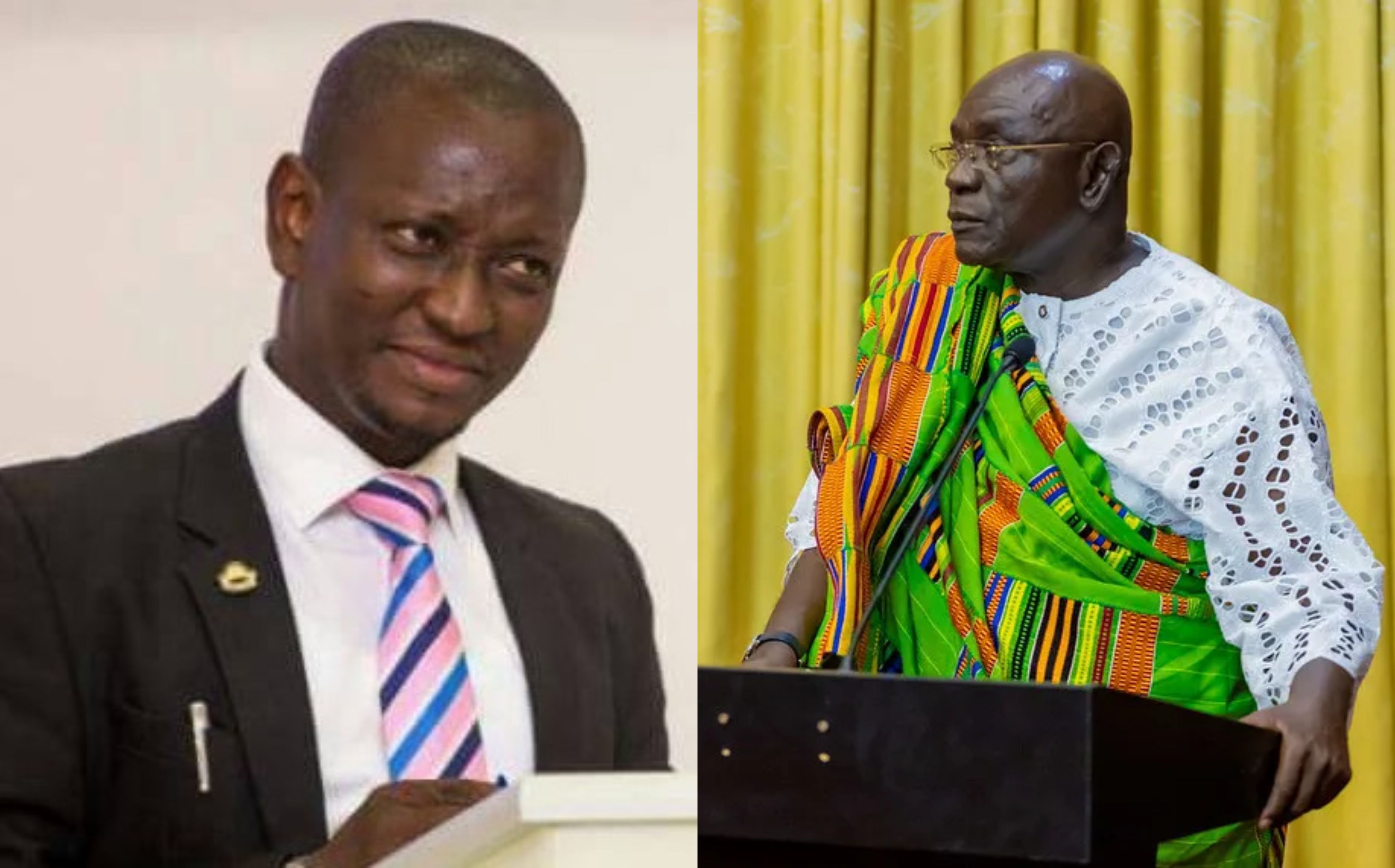
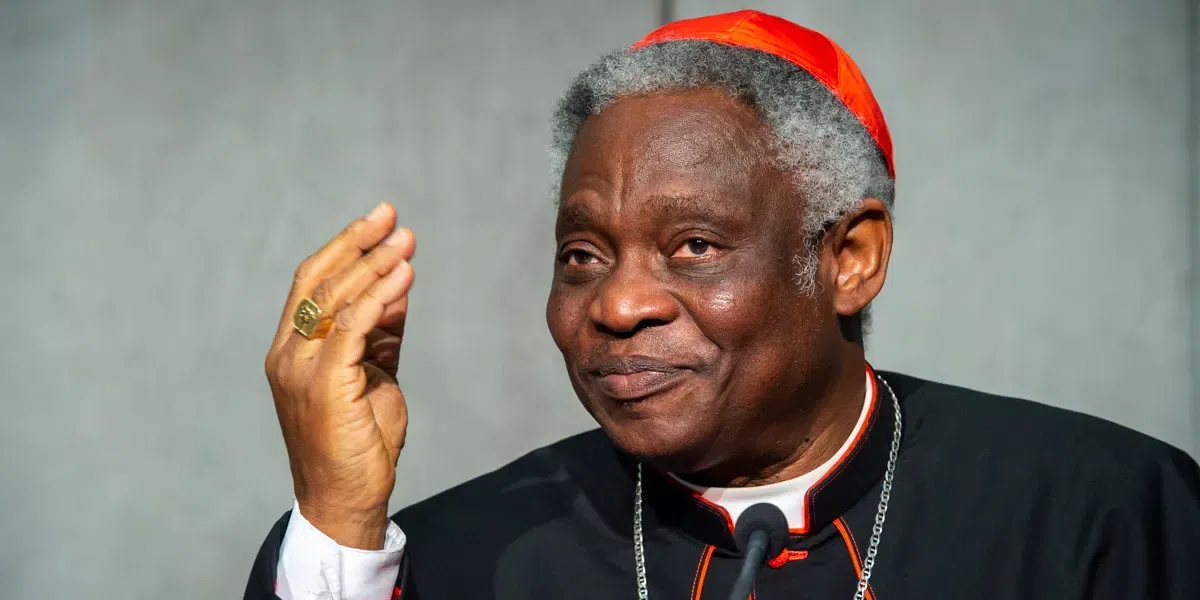

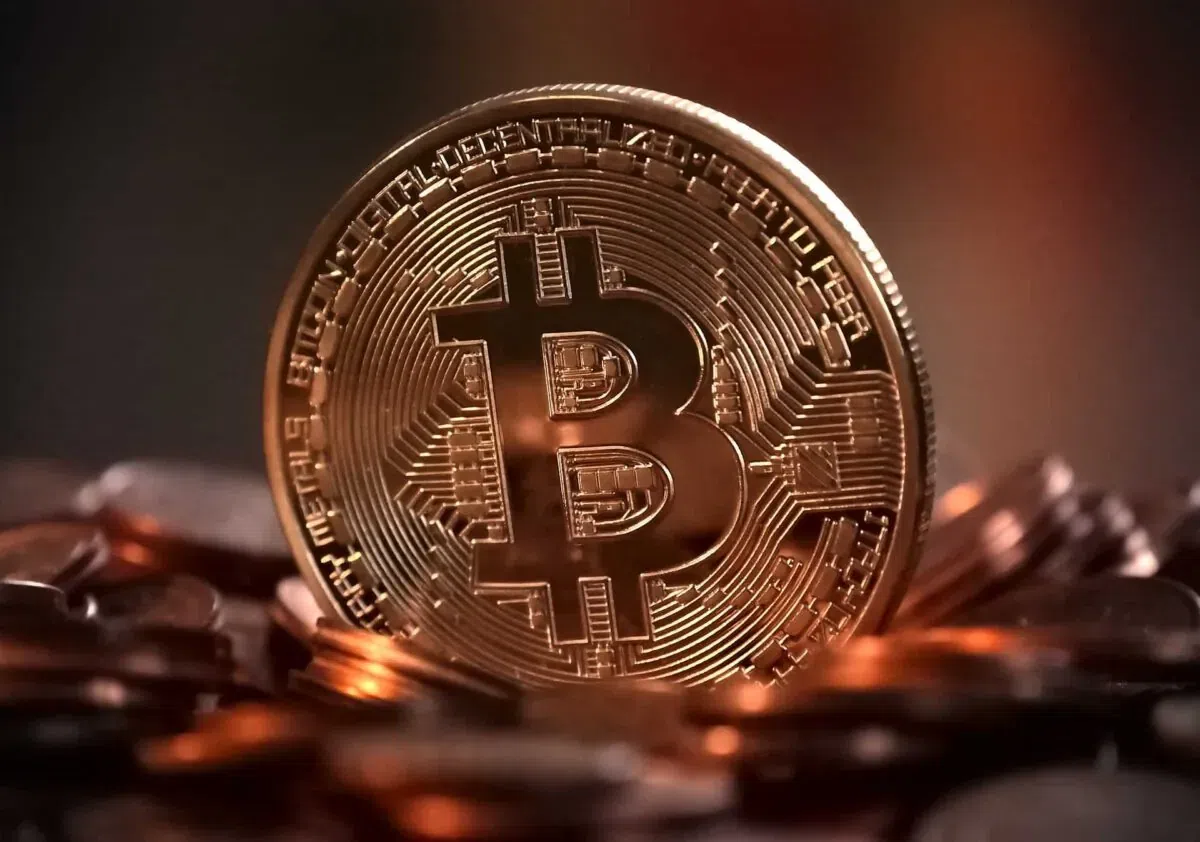


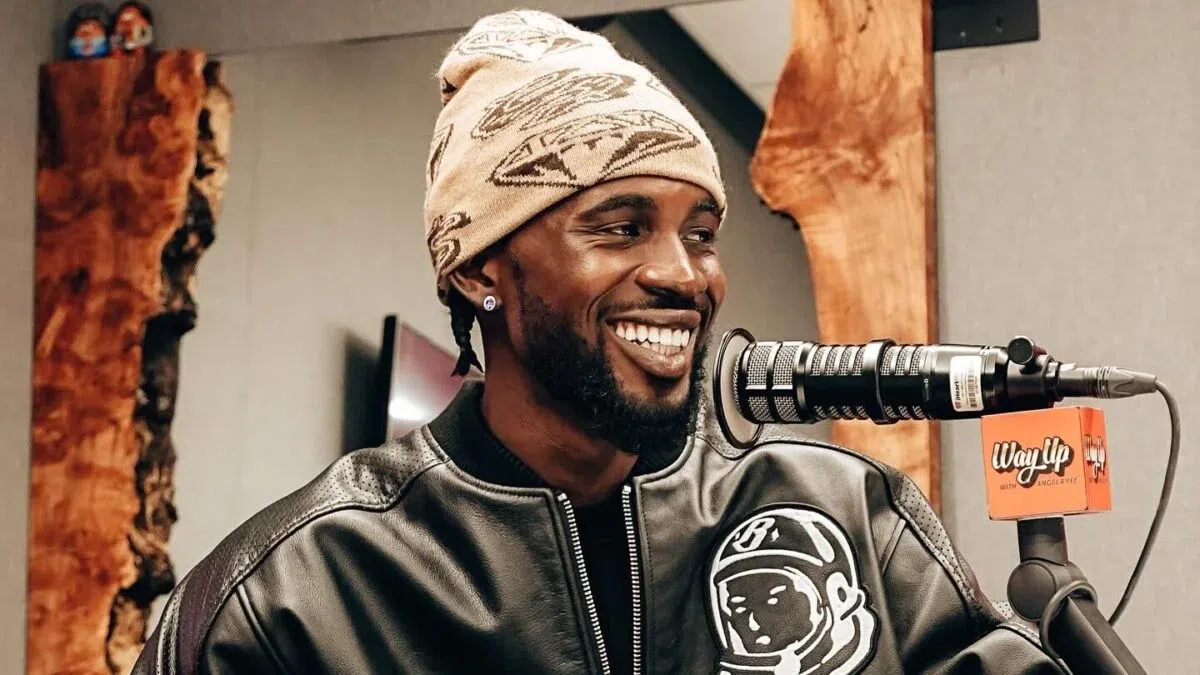



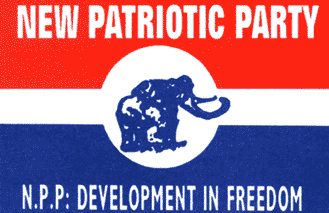
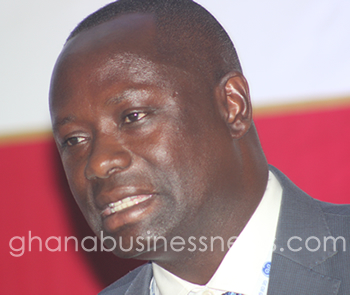


Facebook
Twitter
Pinterest
Instagram
Google+
YouTube
LinkedIn
RSS